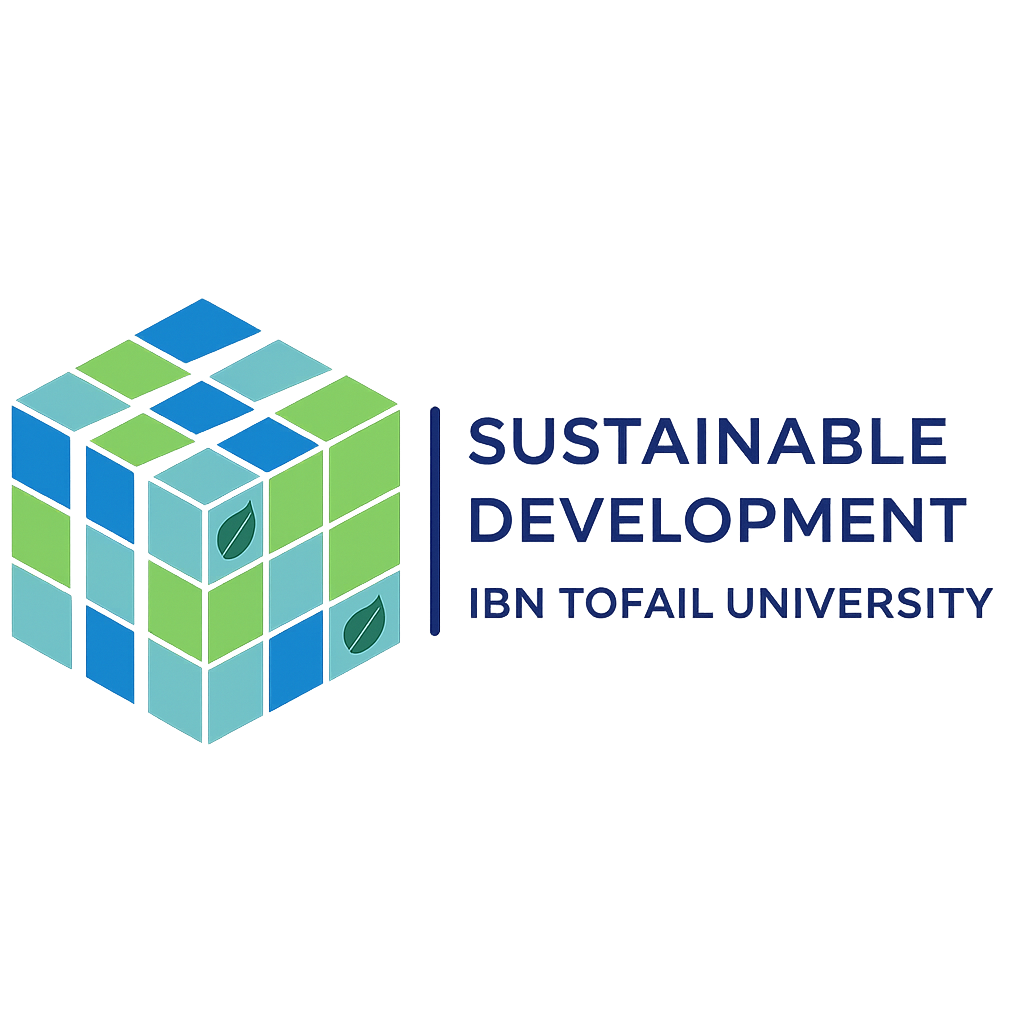Project acronym: SAFOOD4MED (2024 – 2027)
The research contemplated herein arises from the PRIMA Programme “Partnership for Research and Innovation in the Mediterranean Area”, Section 2 (Projects funded by Participant States), which is a network of ministries and funding organizations from Member States and Associate Countries.
CONSORTIUM
Coordination: University of Perugia – UNIPG – Italy
PARTNERS:
Universitas Mercatorum – UNIM – Italy
Sapienza University of Rome – UNIROMA1 – Italy
University of Biskra – UMKB -Algeria
Agricultural Research Centre – ARC – Egypt
WAZIUP e.V. – WAZIUP – Germany
University of Ibn Tofail – UIT – Morocco
Technical Center of Plastics and Rubber – CTPC – Morocco
OBJECTIVES
- SAFOOD4MED’s primary mission focuses on pioneering an innovative and economically viable paradigm: the establishment of an affordable, decentralized biorefinery ecosystem that empowers small-scale farmers through the conversion of food waste into state-of-the-art antimicrobial bioplastics.
- Furthermore, our vision extends to the development of a novel, digitally enhanced agri-food waste value chain and supply chain across the Mediterranean region.
- Through this forward-thinking approach, we seek to maximize the utilization of food waste components, unlocking their potential to serve as the building blocks for innovative, value-added products in the realm of food packaging.
- SAFOOD4MED will create value from food waste, by transforming it into a valuable resource, serving as the raw material to produce advanced bioplastics via green processes and which will be specifically engineered for food packaging and provide innovative solutions for preserving food against microbial contamination
- SAFOOD4MED aligns seamlessly with the global shift toward a carbon-neutral economy, a key focus of recovery initiatives announced by various governments.
Through SAFOOD4MED (PRIMA, 2024–2027), Ibn Tofail University participates in an international framework for gathering and measuring SDG-relevant data across Italy, Morocco, Algeria, Egypt, and Germany. Partners apply harmonised protocols—digitally assisted monitoring of antimicrobial packaging quality, performance benchmarking vs. reference materials, environmental Life Cycle Assessment, social LCA, and techno-economic modelling—covering the full value chain. Shared indicators track food waste diverted, bioplastic yields, shelf-life extension and microbial safety, avoided emissions, and socio-economic outcomes. UIT leads Moroccan data collection and contributes to joint PRIMA reporting, advancing SDGs 2, 9, 12, and 17.




